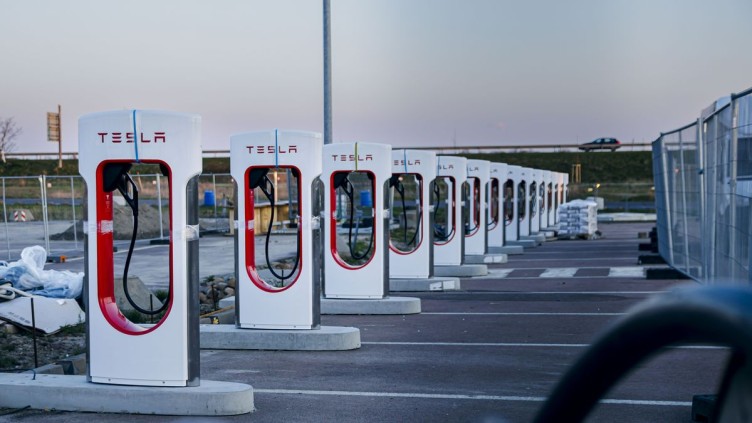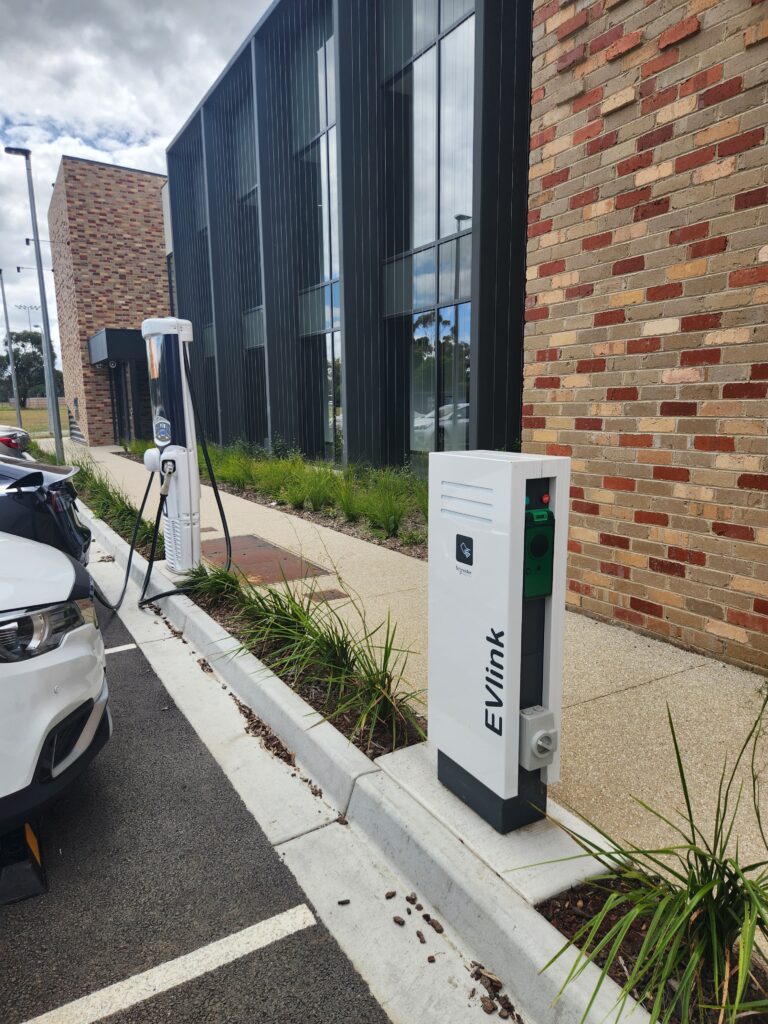Connectivity and Compatibility EV Charging Stations

August 30, 2023
Welcome to our blog post, where we delve into two significant challenges faced by EV charging stations that can erode the trust of the majority of users. In this article, we will explore connectivity issues and compatibility problems among different brands and manufacturers, highlighting the importance of overcoming these hurdles.
Connectivity problems, including issues with 4G, WiFi, or LAN connections, can significantly impact the performance of EV chargers, particularly when they are installed in locations with limited internet access, such as basements. EV chargers heavily rely on a stable internet connection to authenticate users and enable charging sessions. Interruptions in the internet connection can lead to immense difficulties and frustrations for owners, as well as added stress and expenses for operators. Although troubleshooting methods may vary across different brands, remote solutions are often preferred. However, without a reliable internet connection, resolving these issues becomes impossible. One common scenario is encountering an error at the start of a charging session, such as failing to scan an RFID card or unlock the car. These errors can disrupt the connection with the cloud, and the recommended approach is to return the charging guns to the charger and start the process again.
In areas where concrete structures, such as basements, are prevalent, it is crucial to prioritize LAN cable communication for the chargers. Additionally, operators should effectively plan how users will authenticate and utilize chargers in locations without internet access. Best practices include implementing credit card readers or RFID readers to enable offline authentication and usage.
Compatibility is an equally intriguing issue within the EV charging industry. With numerous parties involved, including EV charger manufacturers, EV manufacturers, data providers, accessories providers, and OCPP dashboard providers, achieving seamless communication and compatibility can be challenging. One reason for the success of Tesla Network is its ability to overcome compatibility issues, as all Tesla products seamlessly communicate with each other. This creates a significant barrier for operators aiming to provide comprehensive solutions to the public, as they cannot rely on a single brand for their operations. However, the standardization of open protocols is becoming increasingly common, promising a future where these compatibility problems become a thing of the past.
At Beyond EV, we have learned valuable lessons in overcoming the challenges of internet connectivity and equipment compatibility. We are continuously striving to develop better, faster, more affordable, and accessible solutions for EV charging users. Our commitment to addressing these issues drives us to find innovative ways to enhance the charging experience and ensure the seamless operation of charging stations.
Thank you for reading this blog post.
We hope you found the information provided insightful and practical. If you are an organisation moving to EVs and encountering some challenges and require assistance, please don’t hesitate to contact us at info@beyondev.com.au.
Electrification all the way!⚡


